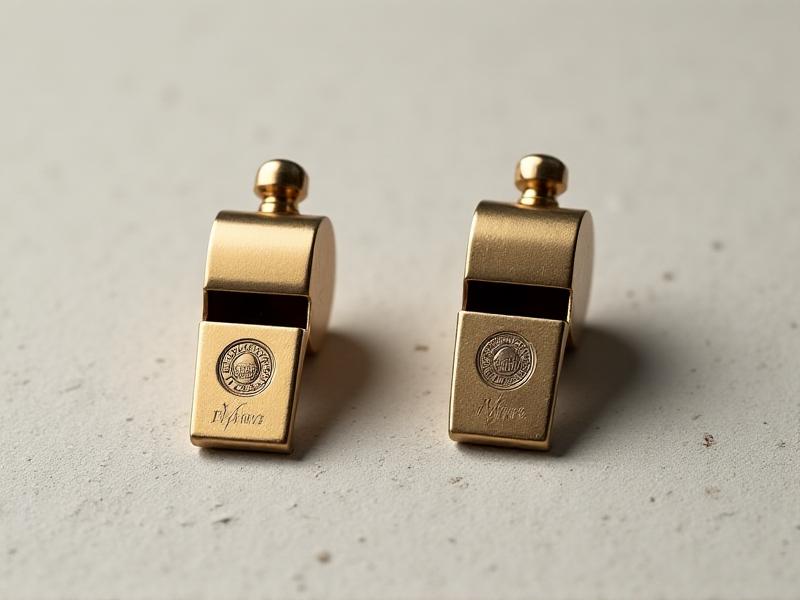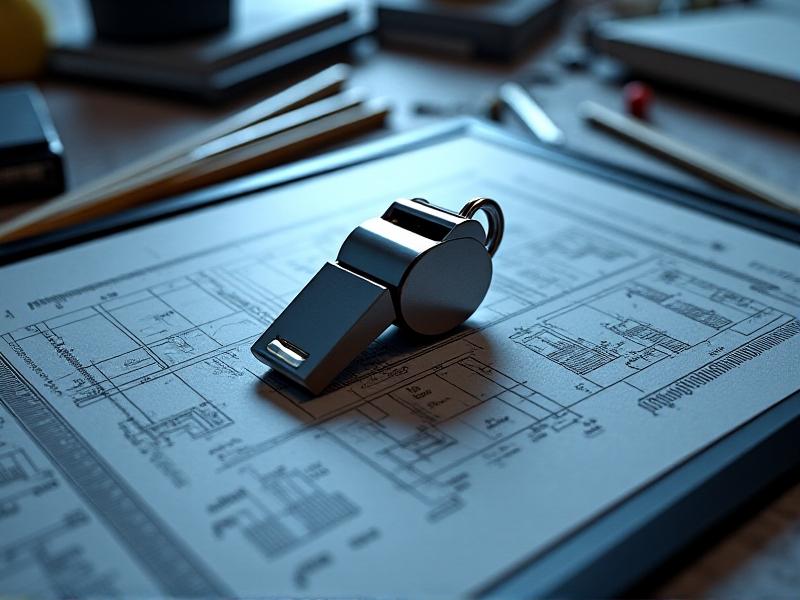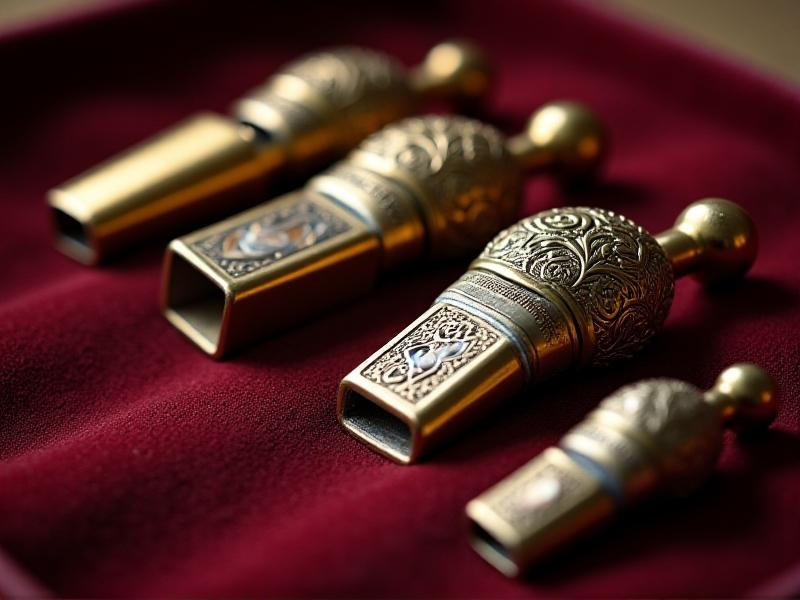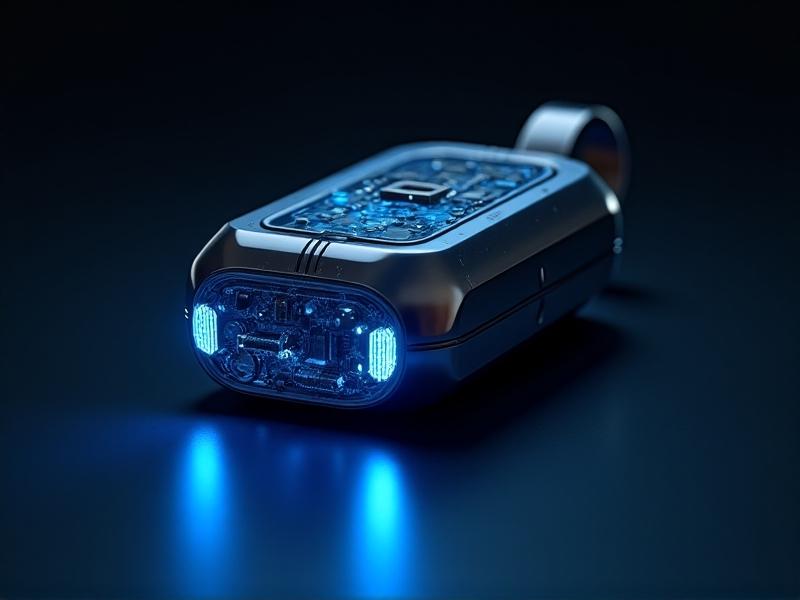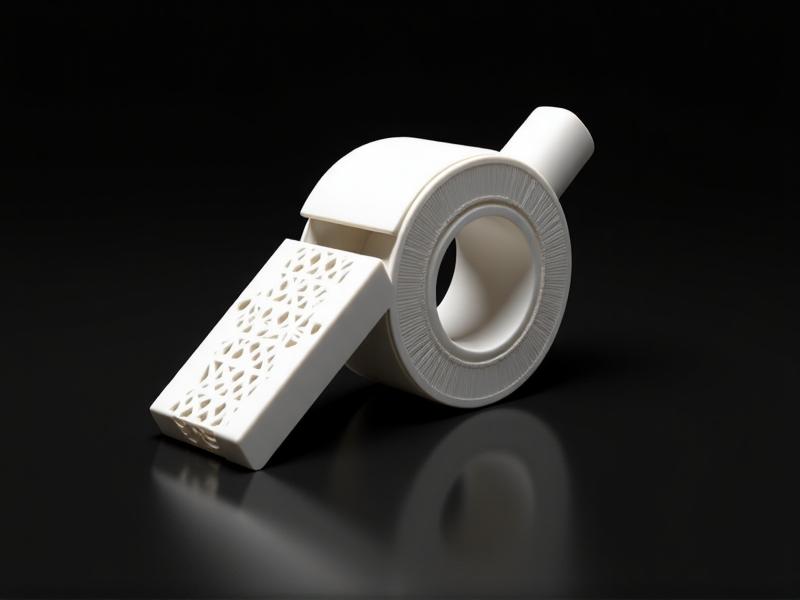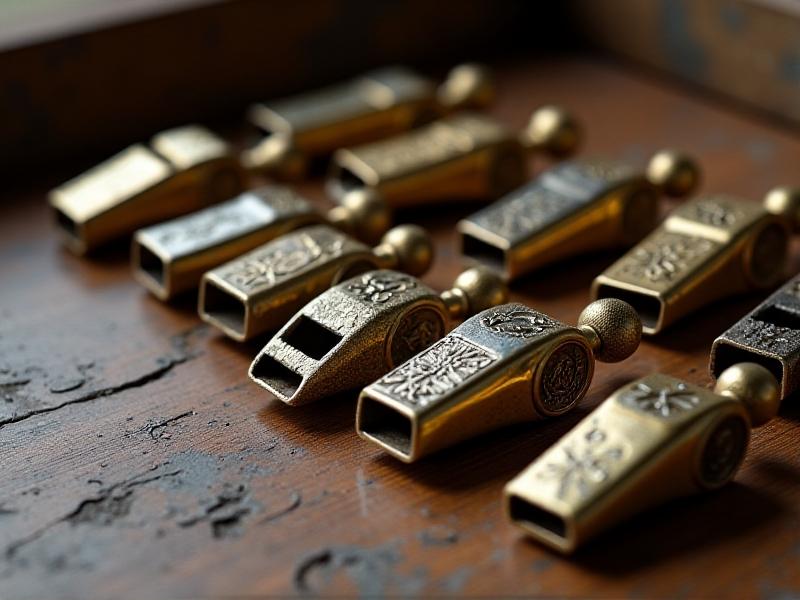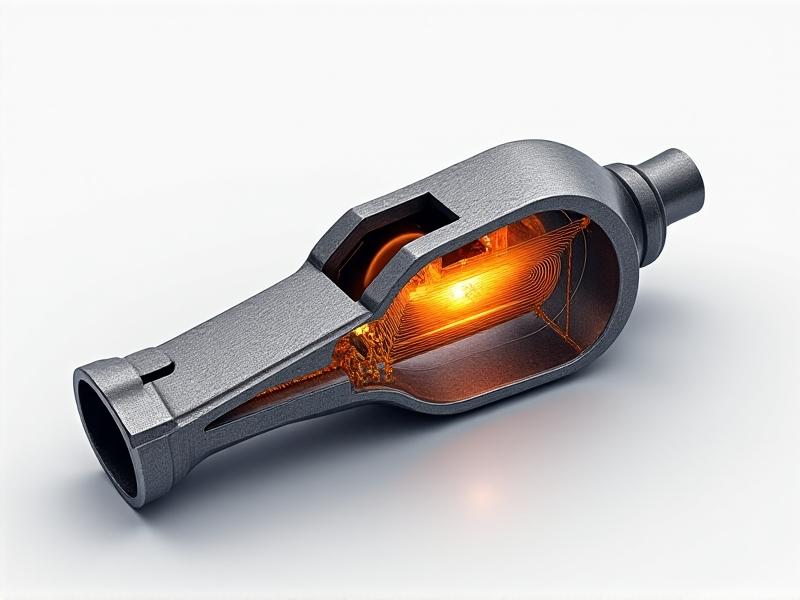Organizing Regional Whistle Meetups: Best Practices and Pitfalls
Introduction to Regional Whistle Meetups
Regional whistle meetings are events when experts, amateurs, and enthusiasts congregate to celebrate their love of whistling. These events can range from casual get-togethers to structured workshops and competitions. Organizing such meetups requires careful planning, a clear understanding of the audience, and a focus on creating a welcoming and engaging environment. This article will explore the best practices and common pitfalls in organizing regional whistle meetups, providing valuable insights for anyone looking to host a successful event.

Understanding Your Audience
Before diving into the logistics of organizing a whistle meetup, it's crucial to understand who your audience is. Are they seasoned professionals, beginners, or a mix of both? Knowing your audience will help you tailor the event to their needs and interests. Conduct surveys or engage with potential attendees on social media to gather insights. This will not only help in planning the event but also in creating a sense of community even before the meetup takes place.

Choosing the Right Venue
The venue plays a significant role in the success of your whistle meetup. Consider factors such as location, size, acoustics, and accessibility. A venue that is centrally located and easy to reach will encourage more people to attend. Additionally, the space should have good acoustics to ensure that whistling sounds are clear and not muffled. Don't forget to check for amenities like parking, restrooms, and seating arrangements. A well-chosen venue can make a huge difference in the overall experience of your attendees.

Creating a Structured Agenda
While spontaneity can be fun, having a structured agenda ensures that your whistle meetup runs smoothly. Plan a mix of activities such as workshops, open mic sessions, and networking breaks. Allocate specific time slots for each activity and stick to the schedule as much as possible. This will help in maintaining the flow of the event and keep attendees engaged. Make sure to include time for Q&A sessions or informal chats, as these can be valuable for learning and community building.
Promoting Your Meetup
Effective promotion is key to attracting attendees to your whistle meetup. Utilize social media platforms, email newsletters, and community boards to spread the word. Create eye-catching posters and digital flyers that highlight the key features of your event. Engage with potential attendees by sharing teasers, behind-the-scenes content, and testimonials from previous meetups. Don't underestimate the power of word-of-mouth; encourage your network to share the event with their contacts. The more people know about your meetup, the higher the chances of a successful turnout.
Ensuring Inclusivity and Accessibility
Inclusivity and accessibility should be at the forefront of your planning process. Ensure that your venue is accessible to people with disabilities, and consider providing sign language interpreters if needed. Create a welcoming environment where everyone feels comfortable participating, regardless of their skill level. Offer a variety of activities that cater to different interests and abilities. By fostering an inclusive atmosphere, you'll not only enhance the experience for all attendees but also build a stronger, more diverse community.
Managing Logistics and Resources
Logistics can make or break your whistle meetup. From securing permits to arranging for equipment, there are many details to manage. Create a checklist of all the tasks that need to be completed and assign responsibilities to a team if possible. Make sure you have all the required tools, like microphones, speakers, and chairs, well in advance. Don't forget to plan for refreshments and breaks, as these can keep attendees energized and engaged throughout the event.
Engaging with Attendees During the Event
Engagement doesn't stop once the meetup begins. Make an effort to interact with attendees throughout the event. Welcome them warmly, introduce yourself, and encourage them to participate in activities. Use icebreakers or interactive games to help people get to know each other. Be attentive to their needs and address any concerns promptly. By being present and approachable, you'll create a positive and memorable experience for everyone involved.
Gathering Feedback and Improving Future Meetups
After the meetup, it's important to gather feedback from attendees to understand what worked well and what could be improved. Distribute surveys or create an online feedback form where attendees can share their thoughts. Analyze the feedback to identify trends and areas for improvement. Use this information to refine your planning process and make future meetups even better. Showing that you value attendees' opinions will also strengthen their connection to the community and encourage them to return for future events.
Building a Sustainable Community
Organizing a successful whistle meetup is just the beginning. To build a sustainable community, keep the momentum going even after the event. Stay connected with attendees through social media, email newsletters, and online forums. Share updates, resources, and opportunities for further engagement. Consider creating a regular schedule for meetups or smaller, more frequent gatherings. By nurturing the community, you'll ensure that the passion for whistling continues to thrive and grow.
